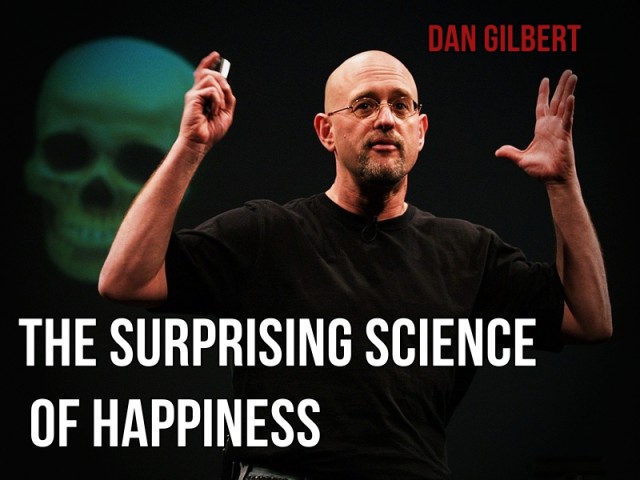By Jasmine Kaur
SO WHAT IS HAPPINESS REALLY?
Bollywood testimonies to the power of happiness notwithstanding, a more pithy and accurate explanation would perhaps be that happiness is a state of mind.
It’s one of the basic emotions that we experience as living beings and yet, despite being such a simple emotion, it is also the most confounding and misunderstood ones.
When I typed “videos on happiness” into the search engine, I wasn’t quite sure what to expect (I’m not quite sure why I was typing it either. My mother was right about me having issues in life).
Perhaps some particularly key public speakers telling us how to achieve a sense of sanguinity in life. Or maybe a couple of documentaries about different people’s take on happiness, effusive enough to depress you (yes, I always had a thing for oxymorons).
But the internet is a mine that never fails to delight (and I wasn’t even on 9gag yet).
I was pleasantly surprised to find what seemed like a pretty logical take on the source and development of happiness.
It was a video called “The surprising science of happiness” by “Dan Gilbert”.
Like a true Ted talker, he begins with an informal quip, instantly reeling in the audience and then proceeds to a very unique discourse on happiness.
The central idea of the lecture is to debunk the notion that happiness is simply a product of luck or of phenomena that are not within our control. What Gilbert seeks to establish is that happiness is indeed something that we can create. Like I said at the outset, it is a state of mind, and creating this mental state is entirely in our hands. He begins by telling us about a marvelous ability of the human brain, called the “experience simulator.” As the name suggests, it is the ability of the brain to able to simulate a future event, and prepare itself with the response that it is likely to evoke at the time of occurrence.
YOU WANT HAPPINESS? WELL, GUESS WHAT…YOU CAN MAKE IT
And then comes the interesting bit. It seems that humans have a tendency to convince themselves that their happiness will differ by a great amount when comparing one situation to another, especially when they have a choice between the two situations.
But the truth is that after a certain time period, say a month or a year, they would actually be just as happy in one situation as they would be in another.
In fact , he goes on to tell us, with empirical evidence, that if humans are in fact not given a choice between the two situations, then they simply learn to accept what has been handed to them, subconsciously convincing themselves that the one they have is indeed the better one, and this belief is only reaffirmed as time passes.
In psychological circles, the term for it would be confirmation bias, which is the tendency of people to favour information that confirms their beliefs or hypotheses.
Now since I know you probably zoned out 5 sentences ago, I’ll lay it out more simply –
Our brains are naturally hardwired to be happy. But our folly lies in unnecessarily complicating things, by creating a dilemma about what to choose, and even after making a choice, being continuously ridden with questions and doubts about too many “was I right?” , “what if I chose the other one?”
SO IF I MAKE IT, IS IT FAKE?
Another fallacy of humans is to believe that synthesized happiness (the kind we make ourselves) is in some way inferior to the natural happiness, so to speak.
That is once again, a testament to our innate ability to complicate things. What we must realize is that happiness is indeed a product of our own actions and decisions, not some result of the mysterious cosmos. What we consider as good or bad is up to us, and that is where the root of our satisfaction lies. As the bard (William Shakespeare) eloquently says,
‘Tis nothing good or bad, but thinking makes it so’…
That could be said to be basic surmise of the video.
Dan Gilbert challenges the idea that we’ll be miserable if we don’t get what we want. Our “psychological immune system” lets us feel truly happy even when things don’t go as planned. Basically, you are biologically inclined to screw everything and be happy. So do yourself a favor and just be.
“Folks are usually about as happy as they make their minds up to be” ― Abraham Lincoln





































